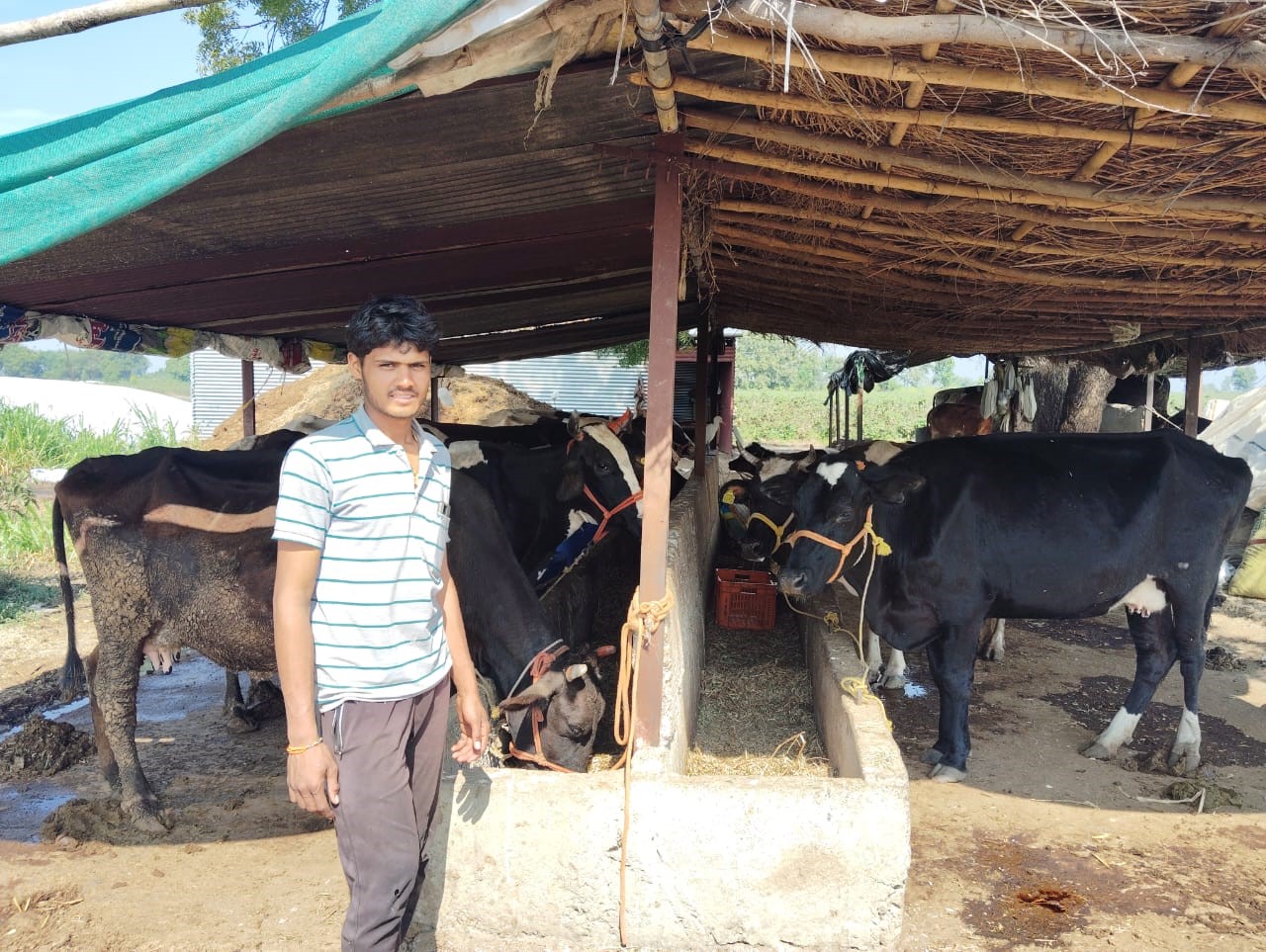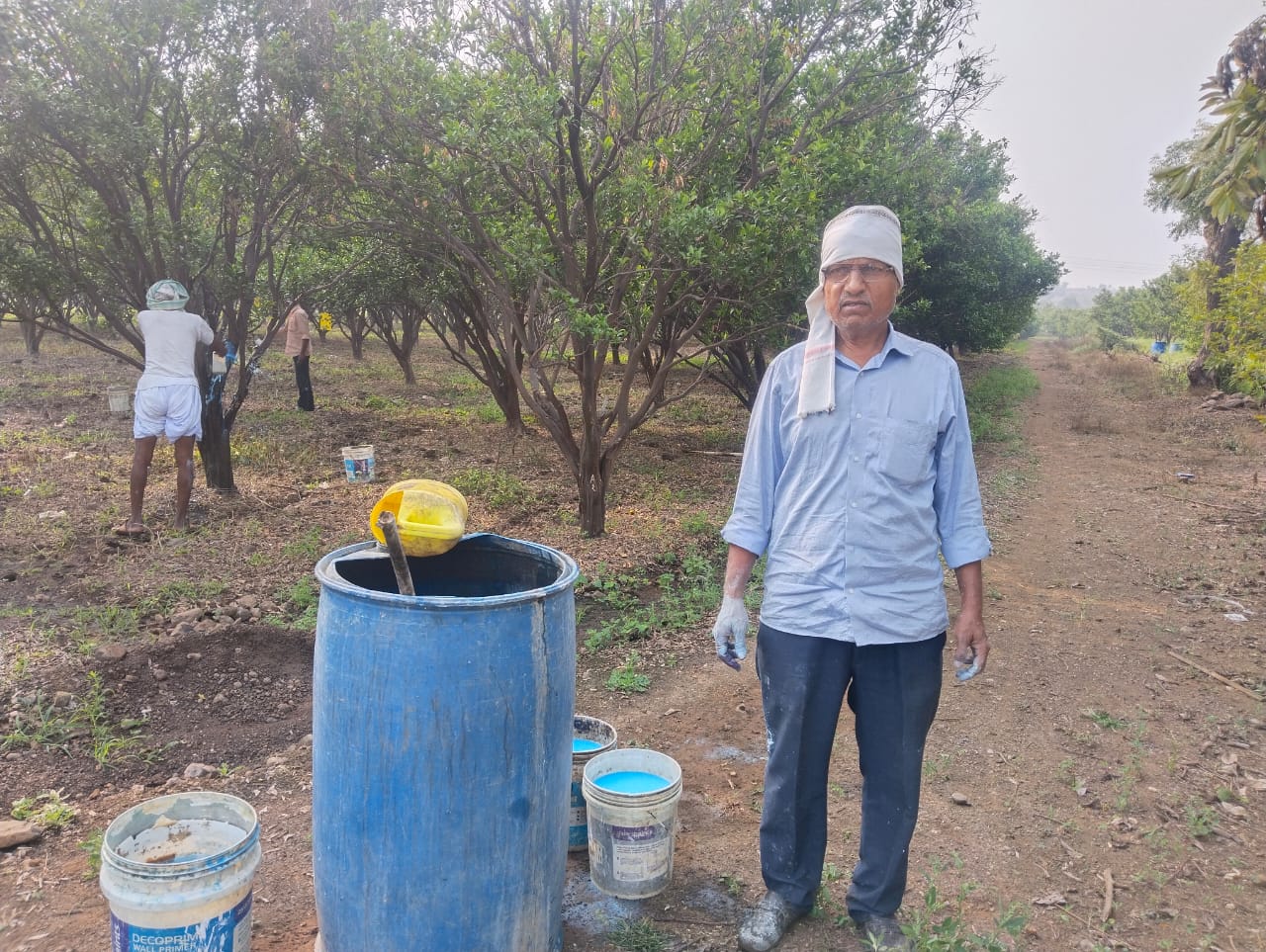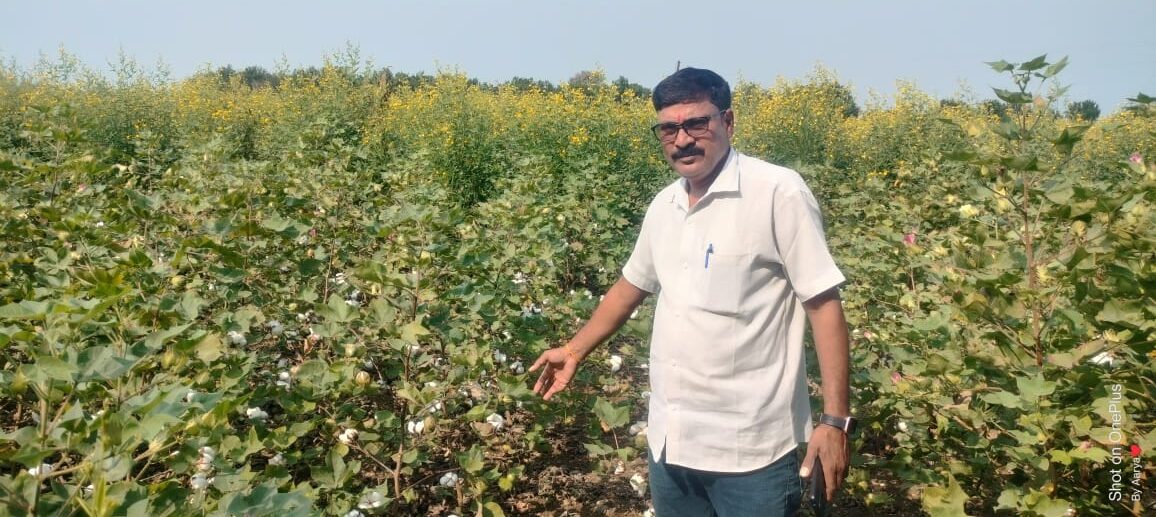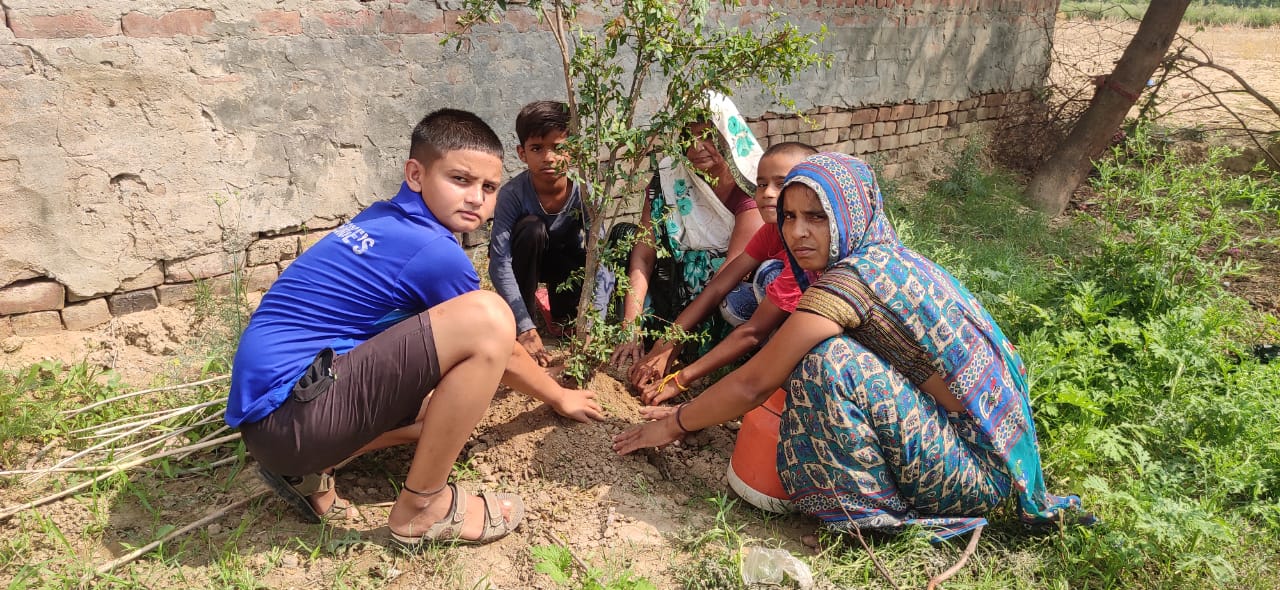Solidaridad has been on a mission mode to ‘feminize supply chains’, whereby women are encouraged to become a part of the formal supply chains and market economy
Women form the backbone of agriculture in Asia. A large proportion of their time goes into working in fields and rearing cattle. Even after active involvement in agriculture, women are not able to participate in the formal market as supply chains are male-dominated and not much has been done to create an enabling environment for women to participate. As a result, women are devoid of financial benefits generated through the sale of agro commodities. To change the social normative, Solidaridad has been on a mission mode to ‘feminize supply chains’, whereby women are encouraged to become a part of the formal supply chains and market economy.
In Bangladesh, for instance, Solidaridad has been leveraging digital technology to collectivize women in the dairy sector. The increased usage of technology has resulted in more women using digital tools to access information on better management of farming activities. Coupled with training on financial literacy, women farmers are entering the formal supply chain.

Technology collectivizing women dairy farmers in Bangladesh
Tapoti, a traditional dairy farmer in Bangladesh, says: “I never knew the use of mobile could help me accelerate my dairy business. Seeing the success of fellow women dairy farmers using mobile phones, I decided to purchase a mobile phone for myself. I received urgent services related to disease management for my cattle, which was beyond my imagination. I can use my mobile phone comfortably and get necessary information related to dairy farming by just giving a call to the hotline number.”
Tapoti is among the many dairy farmers in Bangladesh who are registered with the Milk Collection Centre (MCC) via the i2i app which provides seamless access to good dairy practices and tracks milk collection to the MCC along with the disbursal of payments. This has ensured women’s empowerment through increased income-generating opportunities, which in turn has resulted in greater participation and engagement of women in community-based organizations (CBOs). Further, it has helped women farmers become entrepreneurs. “I am proud to say that I am now a successful dairy entrepreneur. This was possible because of the support I received on model dairy farming practices over phone,” she says.

Women-led enterprises making a mark in India
“We want at least 1,000 women to join our FPO,” says Sapna Rai, Executive Director of Rakshika Mahila Kisan Producer Company. This FPO or farmer producer organization is working with 300 soy farmers of Gunaga village in Bhopal district, Madhya Pradesh, India.
The company was formed on 15 February 2021 under the guidance of Solidaridad and Madhya Pradesh State Rural Livelihoods Mission (MPSRLM). All the 300 women farmers have contributed towards the FPO corpus and are its members too.
As the first step, Solidaridad provided extensive training to farmers in the area to cultivate soy (the geography is suitable for the crop) and carried out awareness campaigns about its nutritional benefits. Encouraged by the income from the soy cultivation, Sapna sensed an opportunity to aim higher. She along with some other women farmers in the village formed a group to market their produce better. Solidaridad and its knowledge partners told them about the nutritional benefits of tofu and trained them on producing it from dried soy. Sapna and team grabbed the opportunity.
Now the FPO has set up a semi-automatic plant to produce tofu at a mass scale. “We are also raising awareness on how tofu is infused with proteins and is a great source of food for those suffering from protein deficiency, especially children,” she says. While the major buyers are the local markets, the FPO is planning to expand its supply to schools, hotels, and hospitals.

A proud moment for the company came last year when one of its promoters and a soy farmer, Devli Bai, got an opportunity to digitally interact with the Prime Minister and share her story of empowerment.
Breaking the glass ceiling
Recognition for women in agriculture is slow and hard to come by. But organized as collectives, farmers such as Sapna and Tapoti are changing the game by gradually carving a space for women in the agro-supply chain by understanding marketspace and commodity businesses. There is a plethora of economic arguments in favour of feminized supply chains. One, women-led supply chain is less susceptible to disruption since women are not prone to shift their market base. Second, women-led agriculture has the potential to fight poverty’s nefarious effects. Third, women are better sustainability managers because they are known to be more sensitive to the environment and the benefits of natural farming. And lastly, food sufficiency is bound to increase in a world where women, who are natural nurturers, are at the helm.
Sapna is now thinking of diversifying the FPO after deliberations with her colleagues. “It is necessary for us to identify consumer needs and then create businesses since many women have different interests and strengths.”








